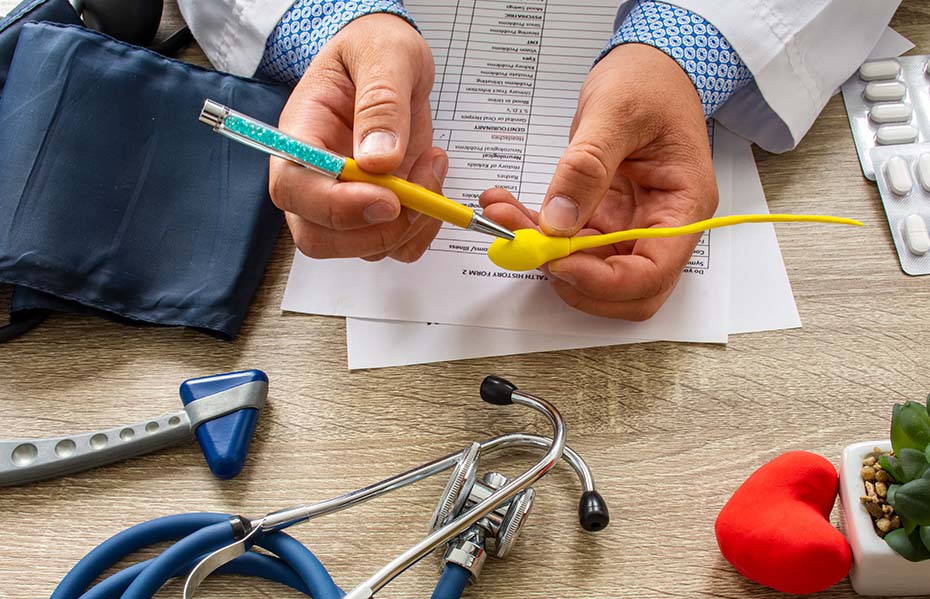
On Wednesday 19 June the High Court answered this question, deciding that a sperm donor can be a parent of a child that he helped to conceive.

This is an important decision which could affect many of the thousands of couples and single women who have conceived children through sperm donation.
In the case the High Court has just decided, the sperm donor, who we will call Robert, agreed to provide sperm to a long time friend Susan so that she could conceive a child. Robert was involved in the child’s life and had a close relationship with her. He was also listed on the child’s birth certificate. The child also calls Robert “Daddy”.
Sometime after the birth of the child, Susan had a second child with her female partner. Robert was not the sperm donor of the second child.
Susan married her partner in New Zealand and then wanted to move there with both children. Robert objected and commenced court proceedings stating that he was a parent. Initially the court agreed with Robert and found that he was a parent according to the Family Law Act. The Judge relied on s60H of the Family Law Act which states that a person is not a parent by way of artificial insemination when the conceiving parent is married or in a de facto relationship. The Judge found that Susan was not in a de facto relationship at the time she conceived, therefore Robert was a parent.
Susan and her partner appealed the decision and the Full Court of the Family Court agreed with them that they were the parents of the child. The Full Court said that under the NSW Status of Children Act a person is not the father of a child when a woman conceives a child by way of artificial insemination and this legislation should be applied in the case.
Robert appealed to the High Court who have given their decision. The High Court said that as Robert was involved in the child’s life and had a relationship with her, then he came within the definition of the term parent under the Family Law Act.
The importance of this decision is that it now means that certain sperm donors who can satisfy a court that they meet the definition of parent under the Act may qualify as parents and have parental rights. In deciding whether this is the case, a court must have as its highest concern what is in the best interests of the child (this is what is known as the paramount principle). According to the Act it is in the child’s best interests that there is shared parental responsibility.
The High Court has taken a commonsense approach to the issue of sperm donors. If it can be shown that a sperm donor has had a relationship with the child and has been taking on a parental role, then they should be recognised as parents and have parental responsibility under certain circumstances. This could also mean that some sperm donors who have been involved in a child’s life may accidentally become legal parents whether they intended to or not.
The High Court has not made clear where a person goes from being a sperm donor to a parent. That is a question which will depend on the circumstances of the individual case. What is certain is that this decision will cause many sperm donors and parents to reconsider where they stand in relation to being a parent of any children that they conceive.
Copyright © 2025 reeslaw.com | All Rights Reserved.